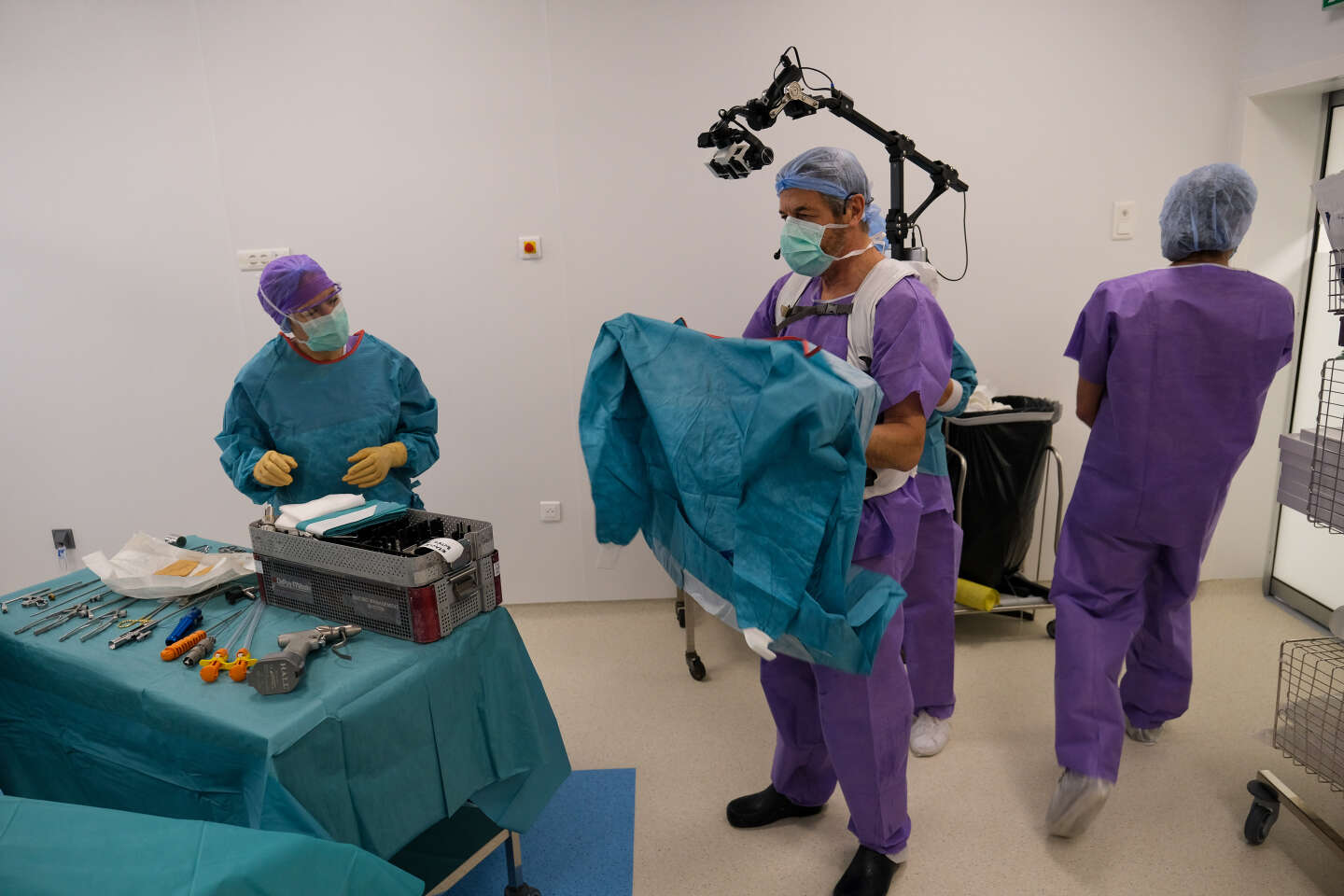“Zombie deer” disease: Why its spread worries experts

In the United States, chronic wasting disease is spreading in forests and putting scientists on alert.
More than 800 deer and elk are affected in the state of Wyoming alone.
Although no contamination has been observed in humans, the evolution of the disease is being closely scrutinized.
It was the first case discovered in Yellowstone Park in the United States in late December that reignited the concern surrounding the condition. The spread of chronic wasting disease (CWD), also known as “zombie deer disease,” which is prevalent in deer across the Atlantic, has been a concern among experts for many years. But according to an article published in conversation Released this Monday, February 19, the latter continues to gain ground in the United States, no less “800 positive samples from deer and elk in the state of Wyoming (United States) alone”. Still according to media that cites several reports, 7,000 to 15,000 infected animals are eaten by humans every year.
Although no contamination has been observed in humans for the time being, the evolution of the disease is being closely scrutinized.
What is this disease?
Chronic wasting disease is a degenerative disease that attacks the central nervous system of infected animals and its causes “numerous symptoms such as lethargy, loss of balance, tremors and blank staring”, in detail conversation. Like Bovine Spongiform Encephalopathy (BSE), better known as “mad cow disease”, it is caused by an infectious agent called “prion”. “CWD of cervids damages parts of the brain and usually causes a progressive decline in body condition, behavioral changes, excessive salivation and eventually death.” A 2011 dating article from the New York State Department of Health explained.
Hence the nickname given to the disease due to the staggering gait and very characteristic “blank stare” in affected animals.
What about transmission to humans?
As hunting season approaches, the US Centers for Disease Control warned last December against eating meat from animals showing such signs and potentially infected. Their fear: that the disease will spread to humans. Studies have in fact already shown that human cells can be infected under laboratory conditions. In addition to the fear of direct transmission, scientists are also concerned about possible contamination of soil or even water.
-
Also read
“Wild boar pseudo-rabies”: what do we know about this rare disease resurgent in France?
As a reminder, Creutzfeldt-Jakob disease, or “mad cow disease” in cattle, caused no less than 178 human deaths and the slaughter of several million animals in the United Kingdom in the 1990s.
Cases in Europe?
It was in the early 2010s that “zombie deer” disease was first detected on the North American continent in Canada and the United States. It has since been seen in northern Europe with cases reported in Norway, most notably in 2016, where the government has since been monitoring the deer population.
In this regard, experts warn of the need for international cooperation to better control the disease.




/cloudfront-us-east-1.images.arcpublishing.com/artear/LWGVO7UWMBECNFNMY25LW4HZ6M.jpg)